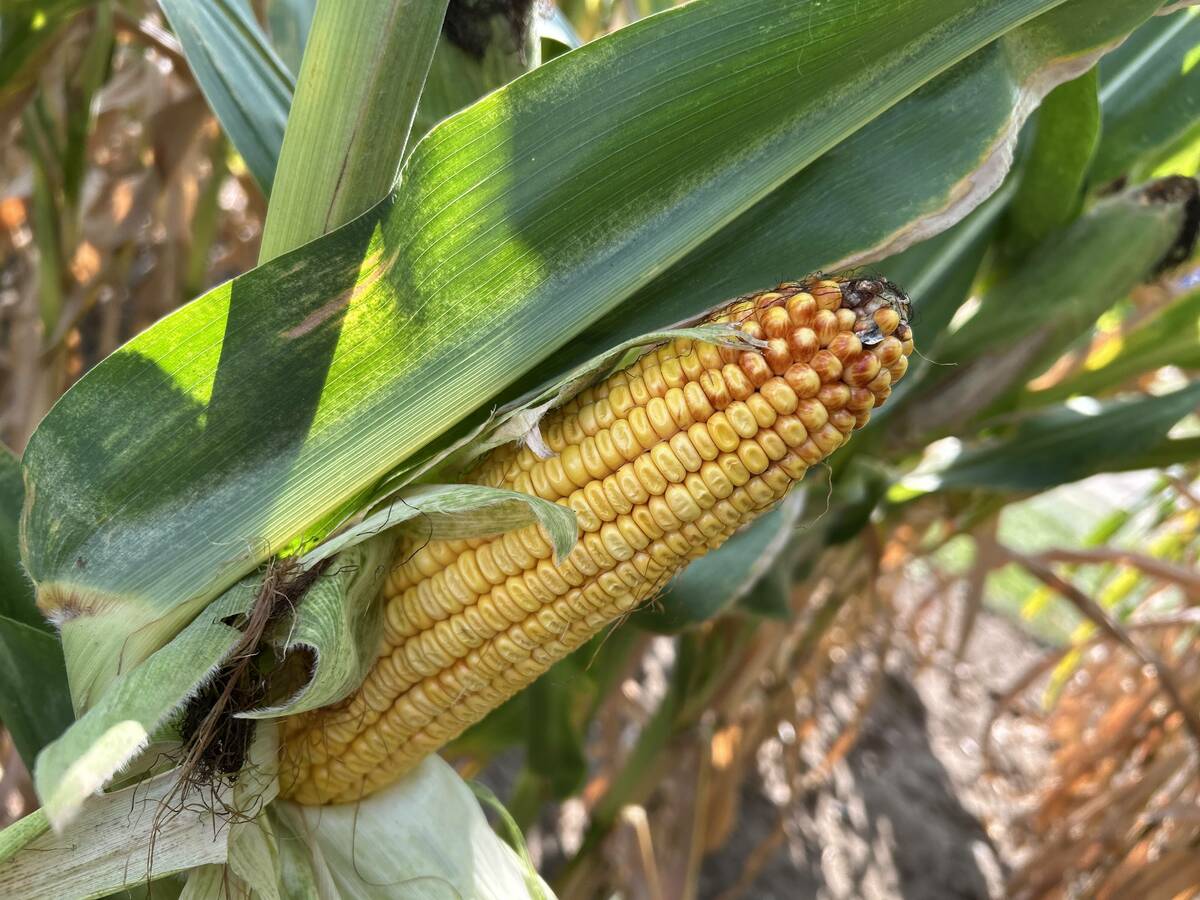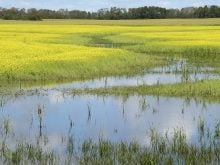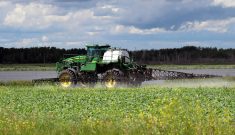A Nov. 2 fire near the NorAmera ethanol plant at Weyburn, Sask., destroyed more than half of the plant’s supply of flax bales.
Rob Davies, chief executive officer of Weyburn Inland Terminal, which owns the plant, said 5,500 of the plant’s 10,000 bales were destroyed. Others were damaged and he is unsure about their usefulness.
The plant was in the commissioning phase of a project designed to burn flax straw and specified risk material (SRM) to heat its boilers. The fuel would replace natural gas.
Read Also

Crop estimates show mixed results
Model-based estimates used by Statistics Canada showed the 2025/26 crop year has seen increases in canola, corn for grain, oats and lentils production while seeing dips in spring wheat, durum wheat, soybeans and barley in comparison to 2024/25.
SRM refers to material from slaughtered cattle thought to be vectors for BSE contamination. The material, such as brain, spinal cord and eye tissue, must be disposed of separately and cannot be used in the making of human or animal feed.
Davies said the company had been stockpiling flax straw bales in anticipation of implementing the new system. He didn’t know how long the fire might delay that plan.
“We’re trying to replace it,” he said Nov. 4. “It may require changing feedstocks.”
Straw is preferred, but the company is concerned there isn’t as much available this year given the wet conditions. There is also the question of cost and where to find flax straw.
The incineration project is designed to add value for farmers, who can sell grain and straw to the ethanol plant, and to help the livestock sector deal with SRM disposal.
Composting is one option for SRMs but incineration is more immediate.
Davies couldn’t give a damage estimate, saying he was dealing with the insurance company. He said farmers had already been paid for the straw.
Firefighters from Weyburn and Yellow Grass were at the scene after the fire was first reported around 8:45 p.m. Nov. 2. Oil field construction workers and farmers also helped.
It took seven hours to get the fire under control.
“Flax straw burns incredibly hot,” Davies said.
The Weyburn fire department and police their investigation.















